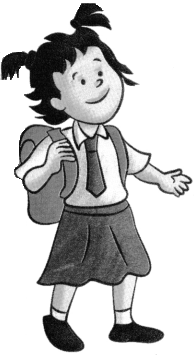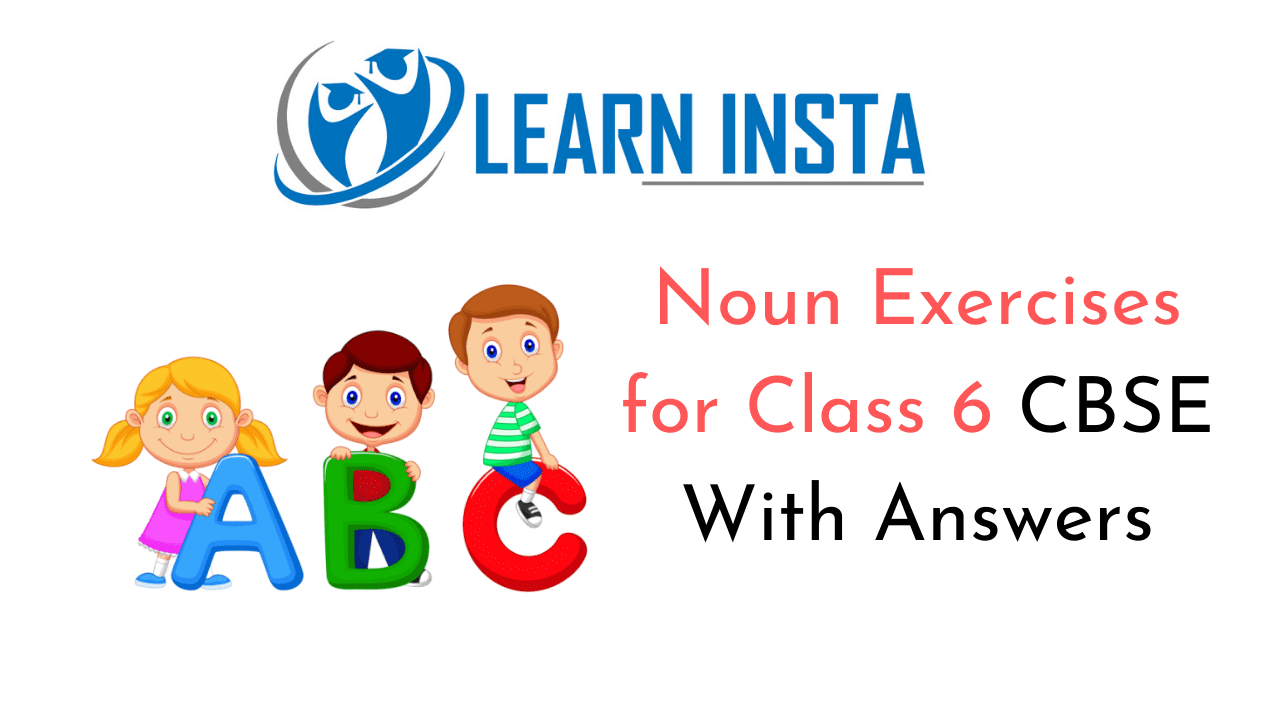
Definition: A noun is a part of speech that is used to name a person, place, thing, quality, or action. Examples: Mango, girl, boy, cat, etc.
Any name given to a person, thing, animal or place is called a noun.
This grammar section explains English Grammar in a clear and simple way. There are example sentences to show how the language is used. You can also visit the most accurate and elaborate NCERT Solutions for Class 6 English. Every question of the textbook has been answered here.
Noun Exercises for Class 6 CBSE With Answers Pdf
Kinds of Noun
There are five kinds of noun which are as follows
Common Noun
A name given to a class of persons, things or animals is common noun.
Or
Common noun is not the name of any particular person or place.
- Sunil is a nice boy. (Person)
- There is a book on the table. (Thing)
- Delhi is a big city. (Place)
- Cows are worshipped in India. (Animal)
Note: Common nouns need not be written with capital letters, except in the beginning of the sentences.
Proper Noun
The name that is particularly given to a person or place as its unique identity is called as proper noun. Proper noun must begin with a capital letter.
- Sunil is my neighbour. (Person)
- Bangalore is a very nice city. (Place)
- The Nile is the longest river in the world. (River)
- Kalidas was a very good writer. (Person)
Material Noun
The name given to material objects are called as material nouns, e.g. Water, tea, ice, rice, wood, paper and iron
- This table is made of wood.
- Many ornaments are made of silver.
- Toys made of poor quality plastic are harmful for kids.
Note: Generally, material objects are not objects, but parts of other objects.
Important points
Material objects are uncountable, i.e., they cannot be counted as 1, 2, 3, ….
But they can be measured or weighted. eg.
- 2 litres of milk (not 2 milks)
- 10 kilograms of rice (not 10 rices)
- 100 tons of wood (not 100 woods)
Collective Nouns
Collective nouns are the names given to a collection of similar things taken as a whole, e.g.
- a bunch of sticks.
- a bouquet of flowers.
- a crew of sailors/soldiers.
- an army of soldiers.
- a crowd of people.
- a herd of cattle.
- a mob of people.
- a pack of wolves.
- a school/shoal of fish.
Note:
- A single soldier cannot be called army.
- A single flower cannot be called bouquet.
Abstract Nouns
Abstract nouns are the names given to abstract things or intangible things. Abstract things are the things which cannot be seen or touched, but can be felt or experienced, e.g. Intelligence, friendship, smartness, boldness, fear etc.
- Intelligence is always admired.
- Honesty is the best policy.
- The girl’s courage saved the lives of many people.
- The length of the table is 2 meters.
Abstract nouns are the names of quality, feelings, state or action.
The Noun: Number
Nouns are used either in singular number or in plural number.
1. Singular number is the object is ‘one’ in number. e.g.
- There is a ball. (1 ball)
- Please give me a pencil. (1 pencil)
2. Plural number if the objects ‘are more than one’ in number. e.g.
- There are a lot of pencils. (More than one pencil)
- All the boys were laughing. (More than one boy)
The Rules for Making Plural forms of Singular nouns
Rule 1
Adding ‘s’ as a suffix.
- bat – bats
- doll – dolls
- cat – cats
- elephant – elephants
- pen – pens
- tree – trees
Rule 2
Adding ‘es’ to the nouns which end in ‘s, sh, ch, x’.
- wish – wishes
- bench – benches
- watch – watches
- box – boxes
- glass – glasses
- fox – foxes
Exception
Rule 3
The nouns ending in *y\
If there is a vowel (a, e, i, o, u) before ‘y’ then add ‘s’,
- boy – boys
- guy – guys
- toy – toys
If there is a consonant before y then remove ‘y’ and add ‘ies’.
- baby – babies
- hanky – hankies
- fairy – fairies
- story – stories
Rule 4
Nouns ending in ‘o’.
If there is a vowel before ‘o’, add ‘s’.
- audio – audios
- video – videos
- cuckoo – cuckoos
- studio – studios
If there is a consonant before
- tomato – tomatoes
- mango mangoes
- hero – heroes
Rule 5
‘F’ or Te’ of some nouns change to ‘yes’.
- Life – lives
- Thief – thieves
- Knife knives
- Wife – wives
- Shelf – shelves
Rule 6
Change of vowel
- man – men
- woman – women
- axis – axes
- tooth – teeth
- foot – feet
- goose – geese
- mouse – mice
Rule 7
Plural of compound nouns is made as
- brother-in-law – brothers-in-law
- father-in-law – fathers-in-law
- mother-in-law – mothers-in-law
The Noun: Gender
Gender of a noun denotes the difference they have in terms of their sex.
Types of Gender
- Masculine Gender that denotes male sex. e.g. Boy, horse, father
- Feminine Gender that denotes female sex. e.g. girl, mare, mother
- Common Gender that denotes either sex. e.g. Doctor, teacher, child
- Neuter Gender that denotes neuter things or non-living things, e.g. Pen, table, glass
Rules for changing Masculine into Feminine
Rule 1
Masculine can be changed into feminine by adding ‘ess’.
- Poet – poetess
- Lion – Lioness
- Host – Hostess
- Giant – Giantess
Exception
Rule 2
In some nouns, ending in ‘r’, after removing the Vowel’ before the last letter.
Masculine can be changed into feminine by adding ‘-ess’.
- Tiger – Tigress
- Monitor – Monitress
- Actor – Actress
- Editor – Editoress
Rule 3
Masculine can be changed into the feminine by using a completely different word.
- King – Queen
- Hero – Heroine
- Uncle – Aunt
- Husband – Wife
Rule 4
Feminine of the compound nouns are made by changing the masculine word of the compound noun that comes to the front.
- He-bear – She-bear
- Bull-calf – Cow-calf
- He-goat – She-goat
- Son-in-law – Daughter-in-law.
Rule 5
Feminine of some masculine are made by removing the last vowel and consonant and then by adding ‘-ess’.
- Governor – Governess
- Murderer – Murderess
Exception
Rule 6
Compound nouns change their gender by changing masculine word into feminine coming later.
- Headmaster – Headmistress
- Grandfather – Grandmother
- Milkman – Milkmaid
- Peacock – Peahen
Noun Exercises Solved Examples for Class 6 CBSE
Question 1.
Point out the nouns in the following sentences and say whether they are common, proper, collective, material or abstract.
(i) Always speak the truth.
(ii) We all love honesty.
(iii) I have two children.
(iv) The lion is the king of the beasts.
(v) Solomon was the wisest of all kings.
(vi) Cleanliness is next to godliness.
(vii) Birds of a feather flock together.
(viii) Who teaches you grammar?
(ii) The Nile is the longest of all rivers.
(x) A committee of six was appointed to assess the situation.
Answer:
(i) Truth – abstract noun
(ii) Honesty – abstract noun
(iii) Children – common noun
(iv) Lion – common; king – common; beasts – common
(v) Solomon – proper noun; kings – common noun
(vi) Cleanliness – abstract noun; godliness – abstract noun
(vii) Birds – common noun; feather – common norm
(viii) Grammar – abstract noun
(ix) Nile – proper noun; rivers – common noun
(x) Committee – collective noun; Situation – abstract noun
Question 2.
Choose the correct answer to complete these sentences.
(i) I have a lot of (a lot of / a few) homework to finish by tomorrow.
(ii) There is (no/any) jam left in the jar.
(iii) If you are going to the market, pick up (some/many) bread too, please.
(iv) Joe must have
(v) There are (few/little) tigers left in this national park.
(vi) Anchal can sit in the back of the car. There is (plenty of/ a large amount of) room back there.
(vii) The term showed (a large amount o17 a lot of) enthusiasm for the upcoming game.
(viii) The gift package will arrive soon. Have (the/a little) patience.
Answer:
(ii) no
(iii) some
(iv) much
(v) few
(vi) Plenty of
(vii) a large amount of
(viii) 2 little
Noun Exercises Practice Examples for Class 6 CBSE
Question 1.
Spring Garden
Planting a vegetable garden is not only fun, it also helps to save _________ (noun/s). You will need a piece of _________ arable land. You may need a (noun) to keep the (noun/s) and _________ (noun/s) out. As soon as (noun) is here you can go out there with your sickle and plant all _________ kinds of (noun/s). Then in a few months, you will have com on the (noun) and _________ big, beautiful/ colourful flowers.
Question 2.
Choose the correct nouns from the box to complete these sentences.
universities luggage rice enthusiasm
city interview research programs
(i) We decided to have some _________ and curry for lunch.
(ii) Anita is attending an _________ today for a job.
(iii) He likes to watch _________ on animal life and conversation?
(iv) Sona and Sourav showed plenty of _________ about taking up music lessons.
(v) There has been a lot of _________ done on this subject.
(vi) Tarun has been applying to many _________ across the country.
(vii) This _________ has many historical sites and buildings.
(viii) How much _________ are you carrying on the trip?
Question 3.
Underline nouns in the following sentences:
(i) The decision was left to jury.
(ii) This furniture requires service.
(iii) Our hostess looked embarrassed.
(iv) Parents will attend the PTM.
(v) The data is misleading old doctored.
(vi) Measles spread in the town.
(vii) Old is not always gold.
(viii) What is the agenda today?
(ix) She has poor focus and attention.
(x) Cleanliness is everyone’s concern.
Question 4.
Each of the phrases given below contains a collective noun. Complete each phrase by putting in the missing word. Choose from the box:
| cattle | soldiers | sticks | sheep | ships | flowers |
| fish | wolves | musicians | dancers | sailors | grapes |
(i) A bunch of ___________
(ii) A bundle of ___________
(iii) A bouquet of ___________
(iv) a herd of ___________
(v) a hank of ___________
(vi) a regiment of ___________
(vii) A flock of ___________
(viii) a troupe of ___________
(ix) A crew of ___________
(x) a pack of ___________
(xi) a fleet of ___________
(xii) a shoal of ___________
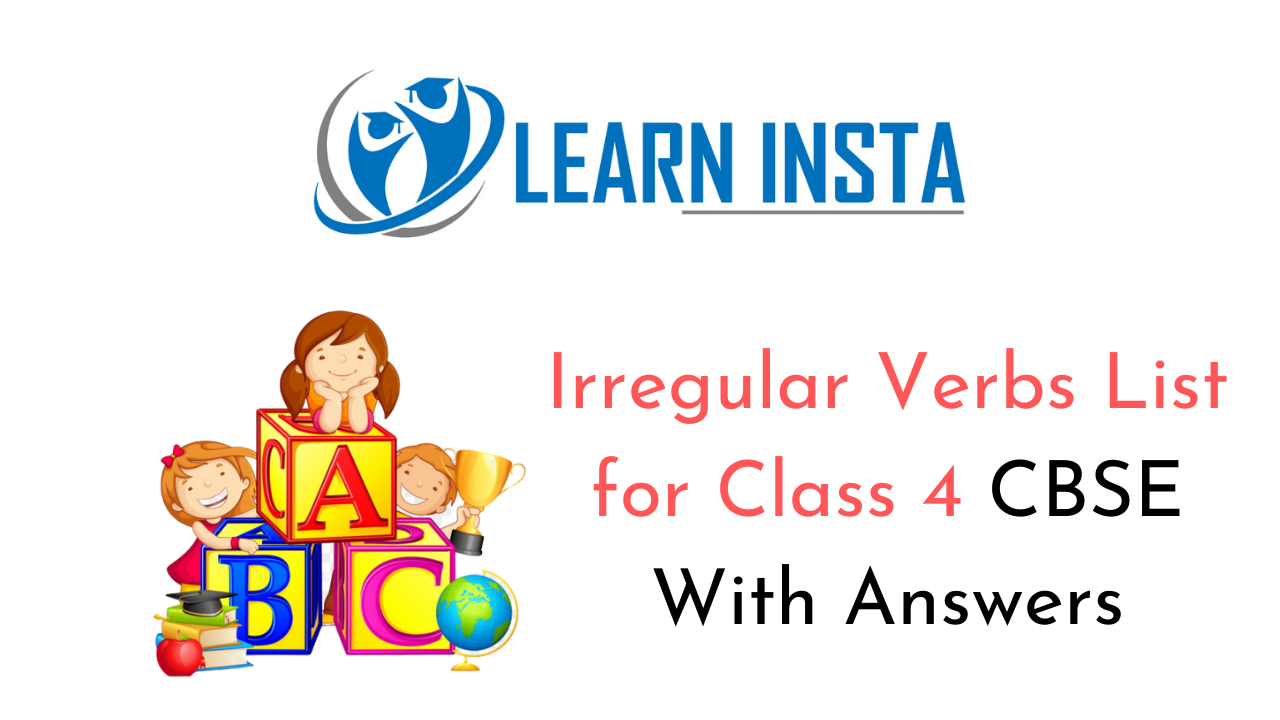 This grammar section explains English Grammar in a clear and simple way. There are example sentences to show how the language is used.
This grammar section explains English Grammar in a clear and simple way. There are example sentences to show how the language is used.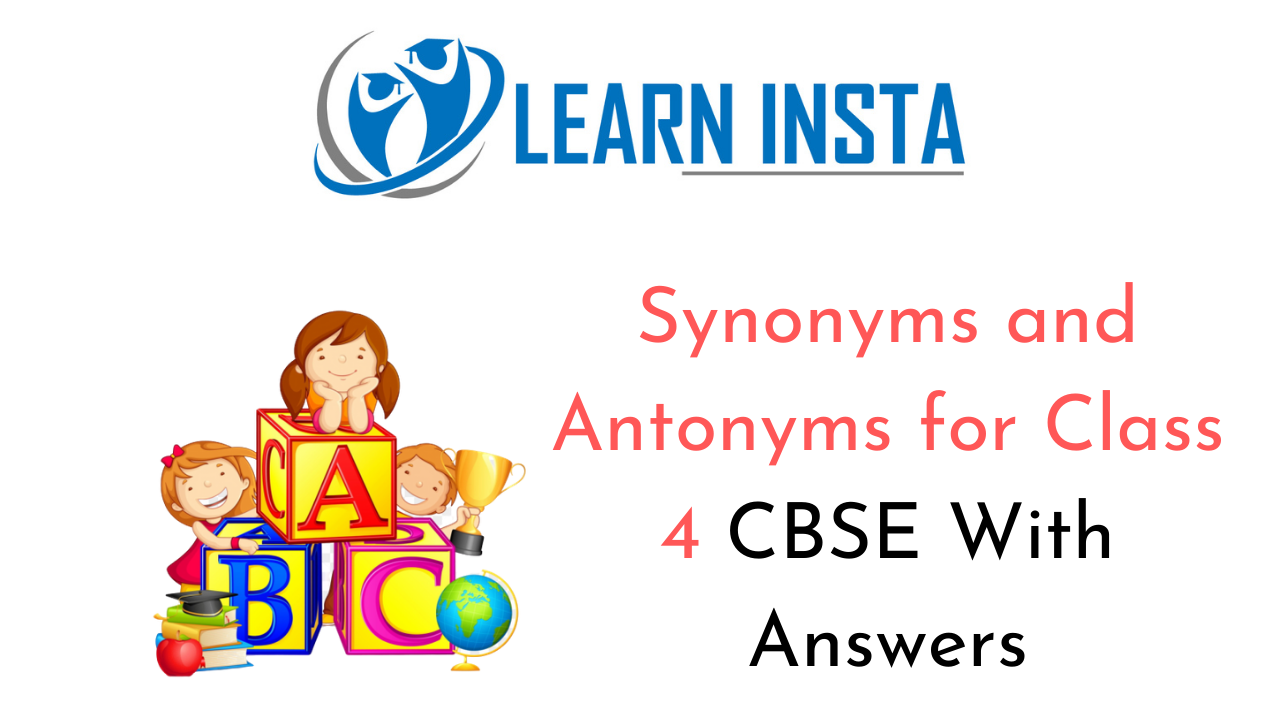 This grammar section explains
This grammar section explains 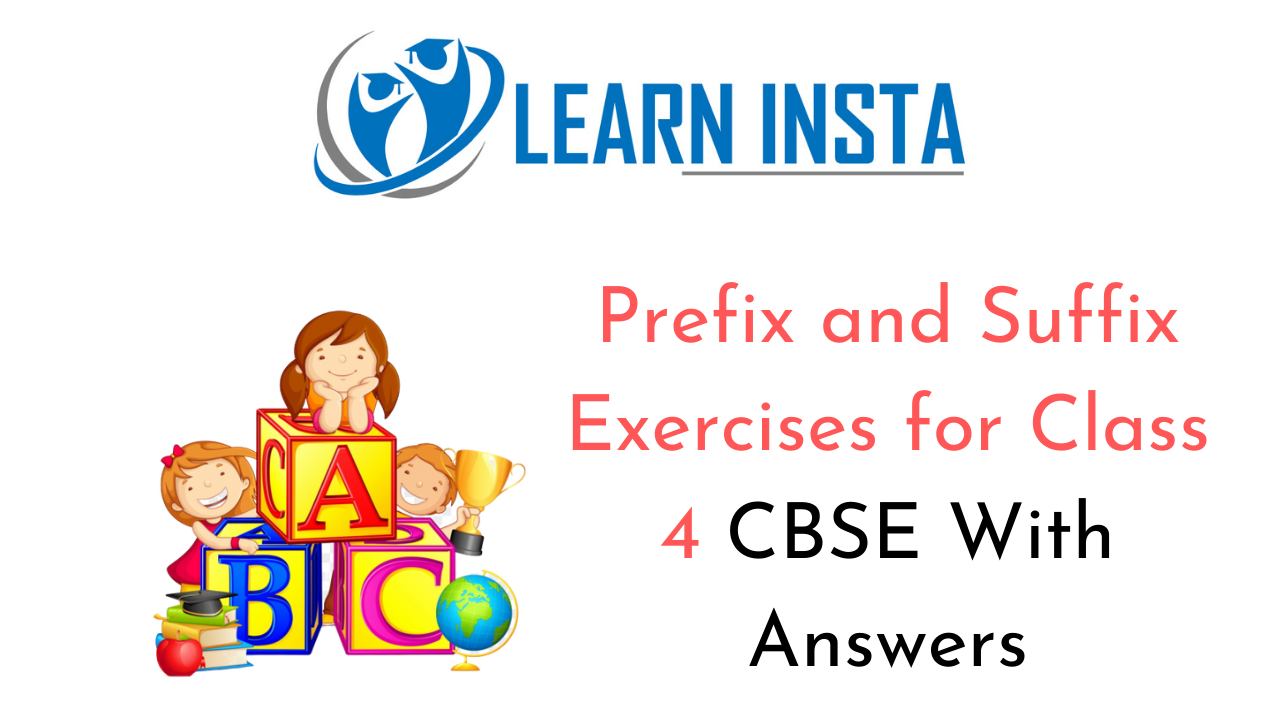
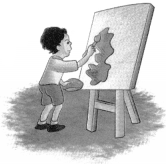
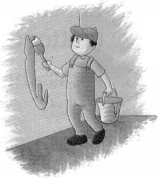

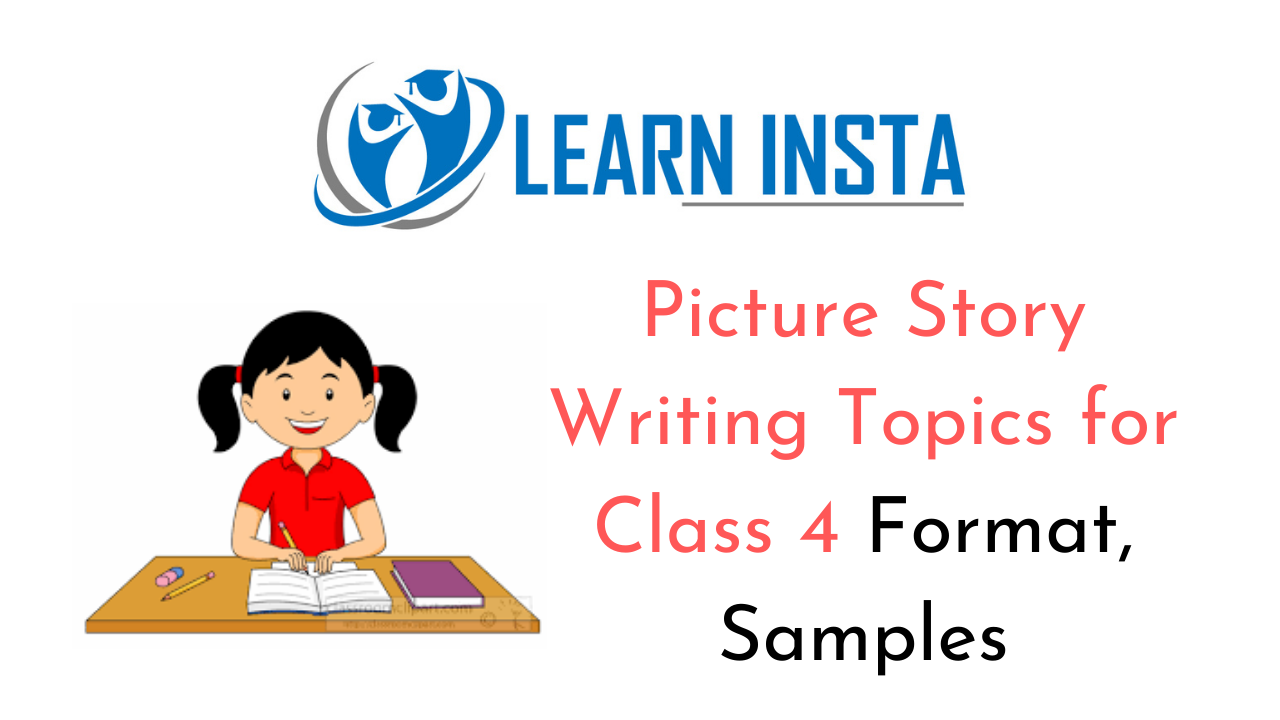 This grammar section explains
This grammar section explains 
